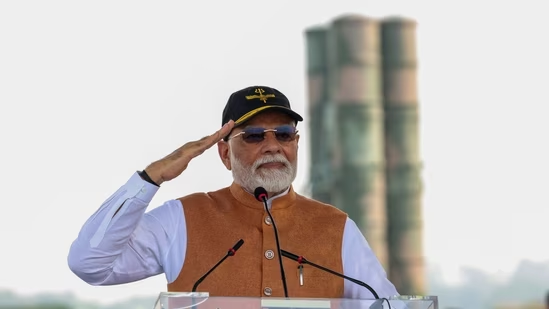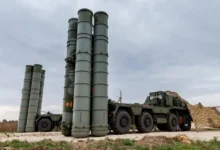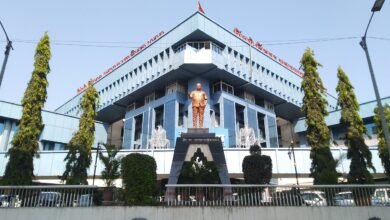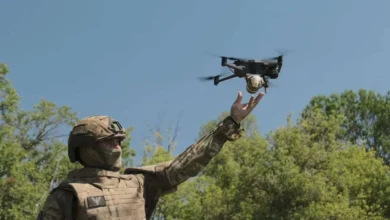India in Advanced Negotiations with Russia for Five More S-400 Air Defence Systems
Expansion of India’s missile defence network to bolster northern and coastal security

India is reportedly engaging in advanced discussions with Russia to acquire an additional five S-400 Triumf air defence systems, a move that will further strengthen the country’s strategic air defence capabilities. Officials from both nations are expected to finalize the deal soon, focusing on procurement terms and potential local production opportunities.
This potential acquisition follows India’s initial S-400 contract signed in 2018, which covers five systems worth $5.43 billion. Two of these are slated for delivery by late 2026. The new systems are expected to enhance India’s defensive posture along its northern borders and protect its extensive coastline of over 7,000 kilometers.
According to defence sources, the arrangement may include a combination of direct purchase and domestic manufacturing under a technology transfer agreement, allowing Indian private sector companies to participate in production and maintenance. This approach is intended to strengthen India’s self-reliance in defence technology.
The S-400 system has already proven its operational value, including its role in deterring potential threats during cross-border tensions. India is also exploring integration of advanced long-range missiles such as the RVV-BD to enhance the capabilities of the Su-30 MKI fighter fleet.
Officials clarified that reports suggesting India is acquiring Russia’s S-500 system are inaccurate, as the S-500 is still under development. Discussions are also ongoing for potential upgrades to India’s Su-57 fleet, though no agreements have been finalized.
These negotiations are expected to gain momentum ahead of Russian President Vladimir Putin’s visit to India on December 5, when he will meet Prime Minister Narendra Modi for the annual bilateral summit. Defence analysts say the additional S-400 systems could significantly strengthen India’s aerial defence network and regional deterrence capability.







Facebook Comments